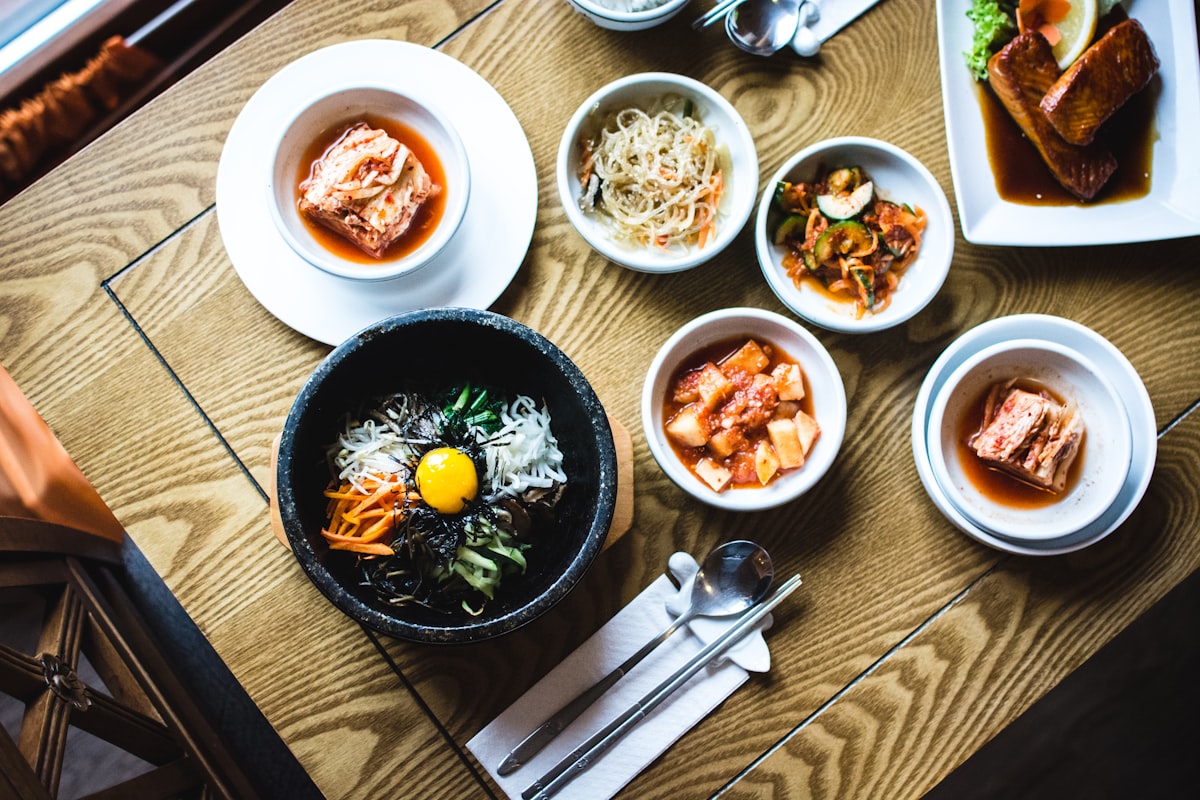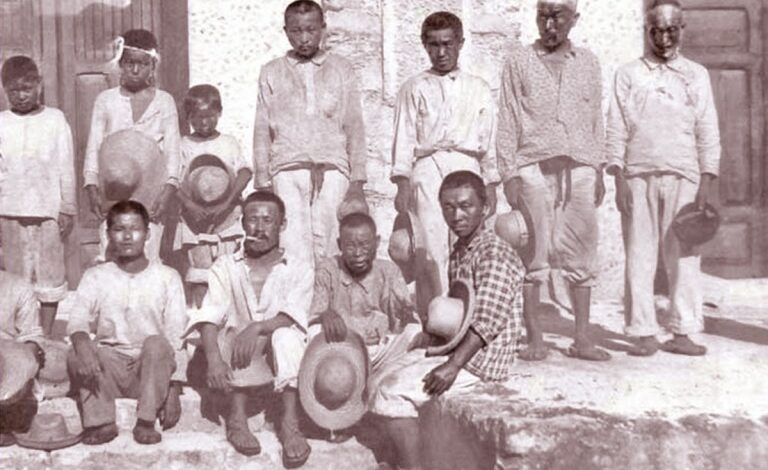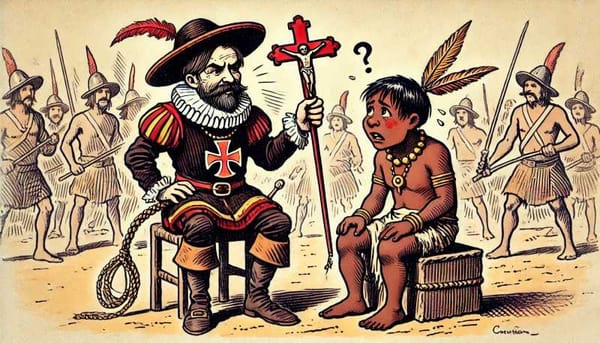Korean diaspora has a great relationship with Mexico, but low visibility
Mexico and South Korea's relationship is of utmost importance for their economies and cultural relations. According to official data from the Korean Embassy, approximately 12,000 Koreans live in Mexico. More than 900 Mexican nationals reside in South Korea.

The relationship between Mexico and South Korea is of utmost importance for their economies and cultural relations. Approximately 12,000 Koreans live in Mexico, according to official data from the Korean Embassy. More than 900 Mexican nationals residing in South Korea. Despite the long historical relationship between both countries, it is due to their economic and commercial relationship that the Korean presence in Mexico has increased.
Currently, according to data from the Korean Embassy, the largest concentrations of Koreans are in Mexico City, Guadalajara, and Monterrey. In Mexico City, there are approximately 4,000 to 6,000 Korean people. The concentration in the cities responds to the economic configuration since Korean companies and businesses have momentum in these areas and are spaces that have attracted skilled labor. In the case of border cities, the high cost of living in the United States is causing many people of Korean origin to decide to settle in Mexican border cities, so it is common to see more Korean businesses, restaurants, or grocery stores opening.
In Tijuana, for example, after the Free Trade Agreement, the South Korean industry established maquiladoras and moved their plants to this city, so managers and top managers, skilled labor, come to work in the border city. The Korean diaspora has an important presence in the country, although it is not usually made visible. Studies that have focused on the particular study of this community are still recent, notwithstanding, the effort is undertaken by the Mexican Circle of Korean Studies, as well as several non-profit organizations, to continue documenting the Korean population in the country from different perspectives.

Historical account
The history of Korean immigration in Mexico dates back 116 years and has left important social, cultural, and economic relations -there are already five generations of families in Mexico-. Alfredo Romero Castilla, a pioneer in the study of Korean immigration in Mexico, highlights three important moments:
In 1905, 1,031 Koreans arrived in Yucatán as salaried workers, in slave-like conditions, to work in 22 henequen haciendas.
At the end of the sixties, mainly South Koreans arrived. At this time diplomatic relations between the Republic of Korea and Mexico were established.
From the end of the eighties until today, composed of Koreans from all over the world, mainly those coming from South America, such as Chile and Argentina. They also arrive attracted by the increase of South Korean capital investment in Mexico. The main points of the settlement are in urban areas: Mexico City, Guadalajara, Tijuana, Puebla, and recently Monterrey.
The most recent moments of entry are due to the maquiladora industry in the north of the country, the presence in Nuevo Leon is recent, it is becoming the main entity of South Koreans in the country, mainly in Apodaca and Monterrey.
Religion: an ethnic, social, and religious meeting point
Religion is a fundamental point for the Korean diaspora because they are points of social and spiritual encounter, but also ethnic and national identification. There are some churches concentrated in Mexico City, Tijuana, Monterrey, Guadalajara and Puebla. Churches also play an important role and are linked to civil organizations that do community work. The reproduction of identity through language is encouraged. Women do religious proselytizing and they actively learn the Spanish language, it depends on their activity, there are many young women students and also many who work in the interpreting business. To put them all in the same situation would be arbitrary.
Studies on diasporas in the country
In the case of Tijuana, since the border was closed due to the pandemic, which has been going on for two years, the number of Korean restaurants on the Mexican side has increased and the attendance to these supermarkets has increased, so the Korean presence is significant. Korea occupies a fundamental place for the country, as it is Mexico's fifth most important trading partner in terms of economic relations.
Korean-Mexican relations are fundamental and it happens in different dimensions. Recently there have been series or music such as K-Poop, dramas, among others in which Korean stereotypes are offered, however, it is important to visualize what is behind. It is essential to emphasize the study of diasporas in the country because that allows recognizing the diversity and social and cultural relations.




